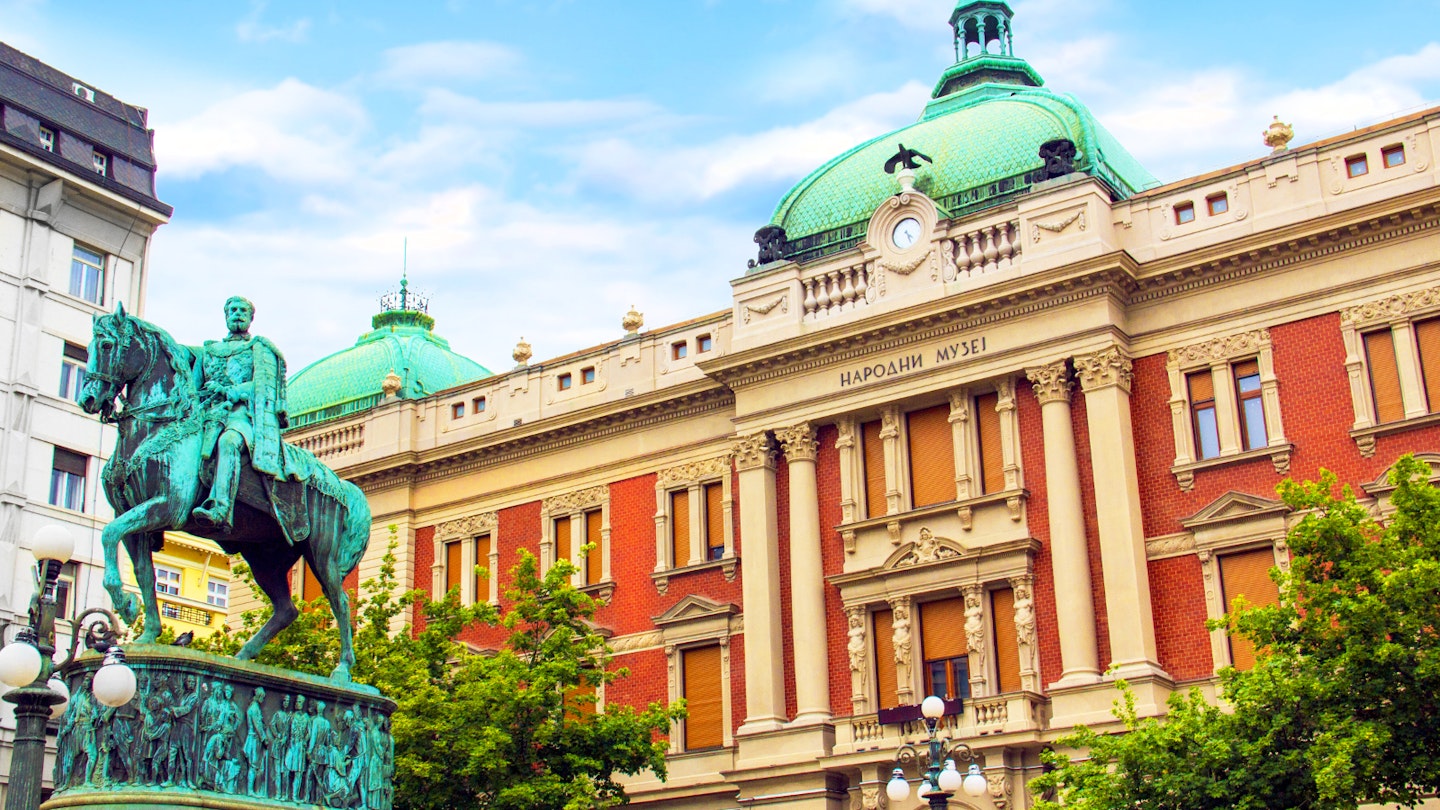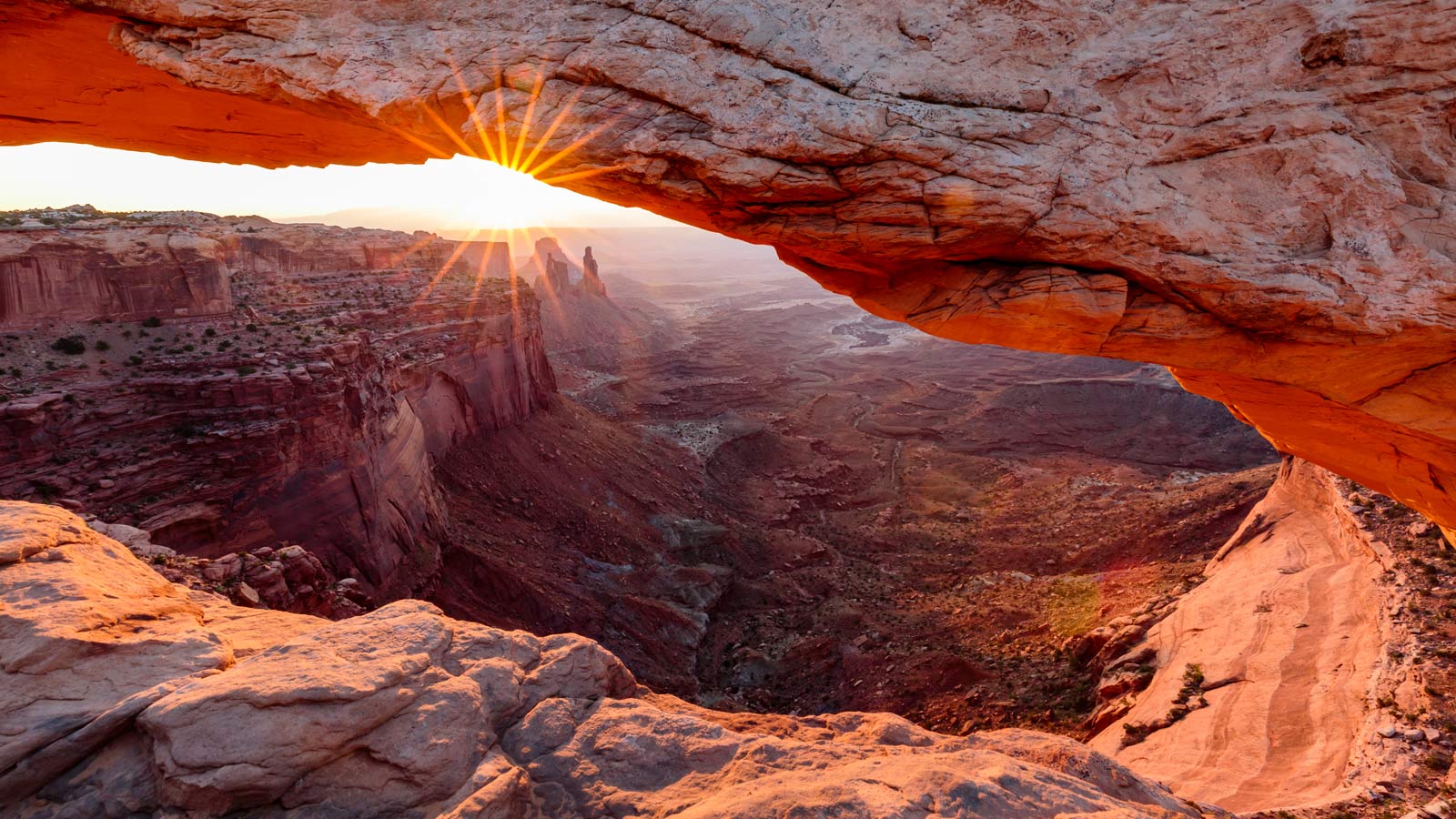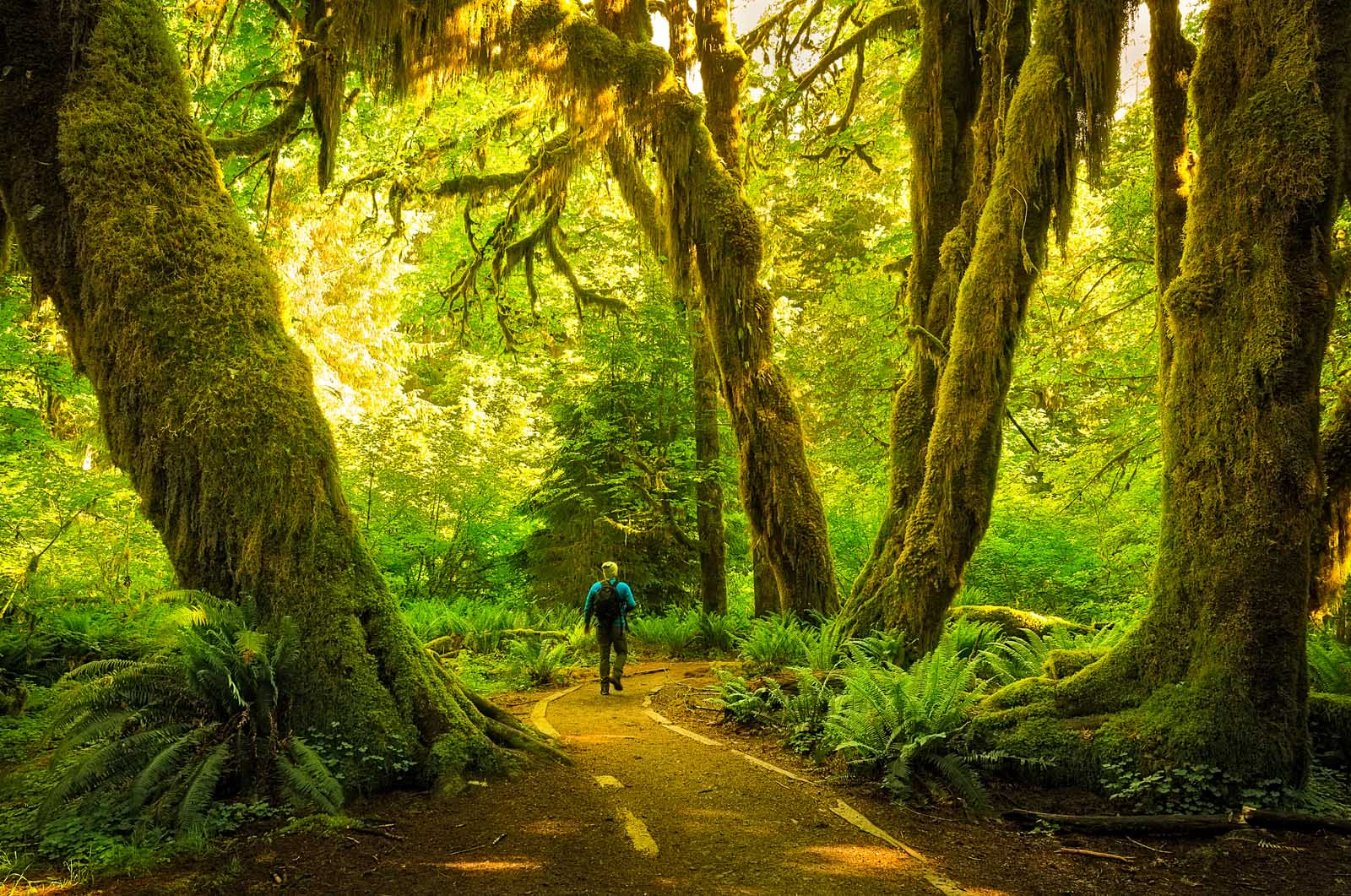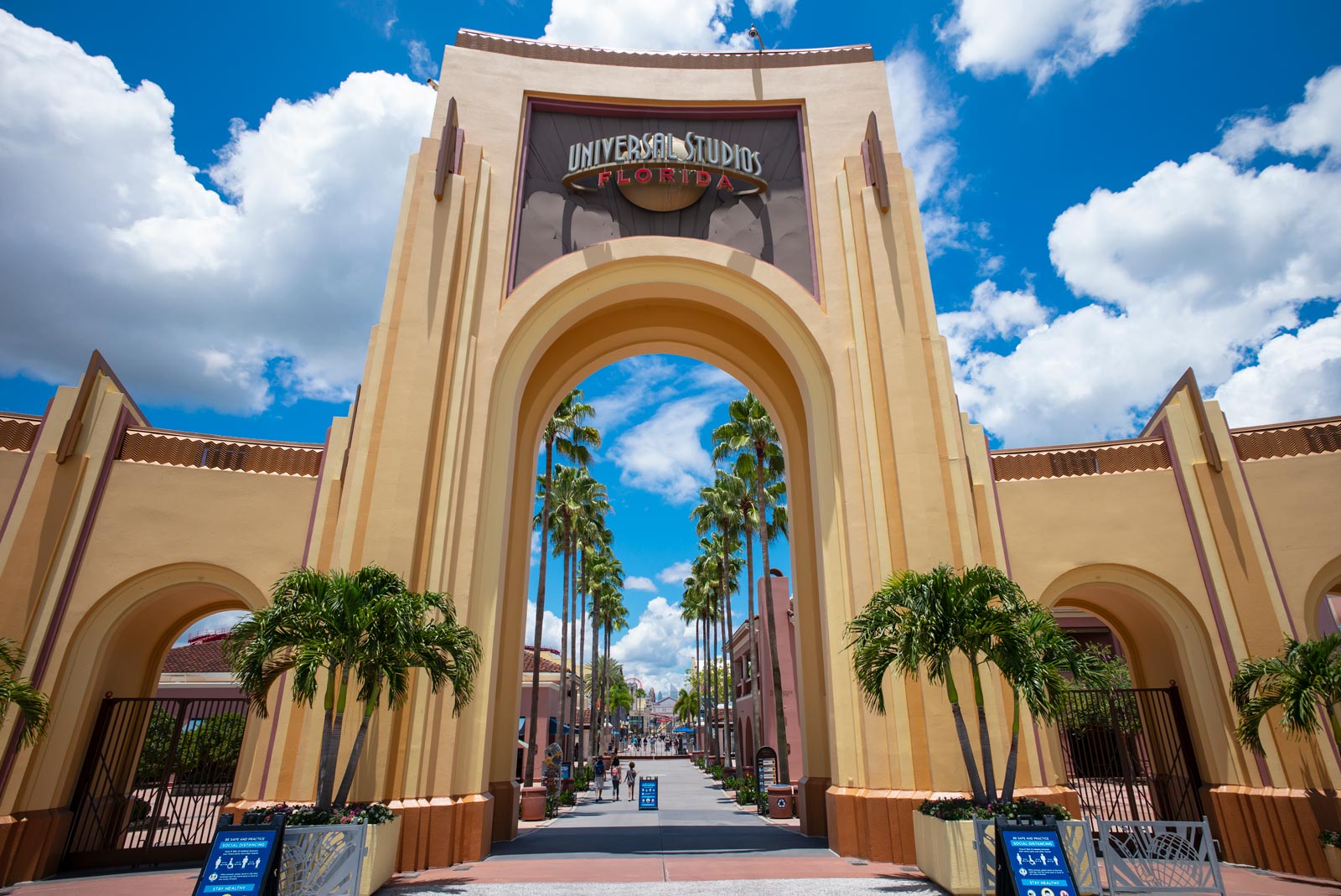Experience the Cultural Richness of Belgrade, Serbia
When visitors think of Belgrade, the Serbian capital, they often recall its vibrant nightlife. However, Belgrade is also a city brimming with culture, artistic history, and the recent revival of its two major museums has solidified its position as one of southeastern Europe’s most captivating cultural destinations.

National Museum of Serbia
Housed in a striking classical building located on Republic Square, the National Museum of Serbia is the country’s most significant museum, with a history dating back to 1844. Unfortunately, it remained closed for 15 years before reopening in June 2018, after extensive renovations. The museum’s collection features over 3,000 paintings and more than 900 sculptures, illuminating the artistic journey of the region.
The museum’s three floors showcase a diverse range of artifacts from the Paleolithic era to the 20th century, providing ample information for English-speaking visitors. The ground floor highlights archaeological findings, including remarkable Neolithic artifacts, such as the enigmatic fish-like sculptures from Lepenski Vir.
Artistic Treasures
The second floor is dedicated to Byzantine and medieval artifacts, alongside Serbian art from the 18th and 19th centuries. Noteworthy exhibits include the illuminated Miroslav Gospel (1186) and exceptional oil paintings like Girl in Blue by Đura Jakšić.

Museum of Contemporary Art
The Museum of Contemporary Art, which originally closed in 2007 for renovation, finally reopened in October 2017. This striking structure serves as a remarkable venue with large windows that perfectly frame the lush greenery and flowing rivers surrounding it. The collection offers an in-depth exploration of Yugoslav art from the early 20th century to contemporary Serbian pieces, featuring conceptual and video art prominently.
In particular, visitors can experience performances by renowned regional artists such as Marina Abramović, alongside innovative works from local and international avant-garde artists.
Seasonal Cultural Events
Autumn is an especially vibrant season for culture in Belgrade. The Belgrade International Theatre Festival (BITEF) has been celebrating avant-garde theatre since 1967, providing a platform for innovative art from the Balkans and beyond. In addition to provocative performances, the festival encourages critical discussions around pressing contemporary issues.

The October Salon is a prominent contemporary visual art festival that strengthens Belgrade’s position in the international art scene. Visitors can enjoy engaging exhibits that encourage artistic dialogue and examine contemporary social issues, reflecting the diversity of the city’s cultural landscape.
Overall, Belgrade is a dynamic cultural hub, where history and modernity intersect. Exploring its museums and participating in seasonal festivals provides visitors with an enriching experience that captures the essence of Serbian culture.




